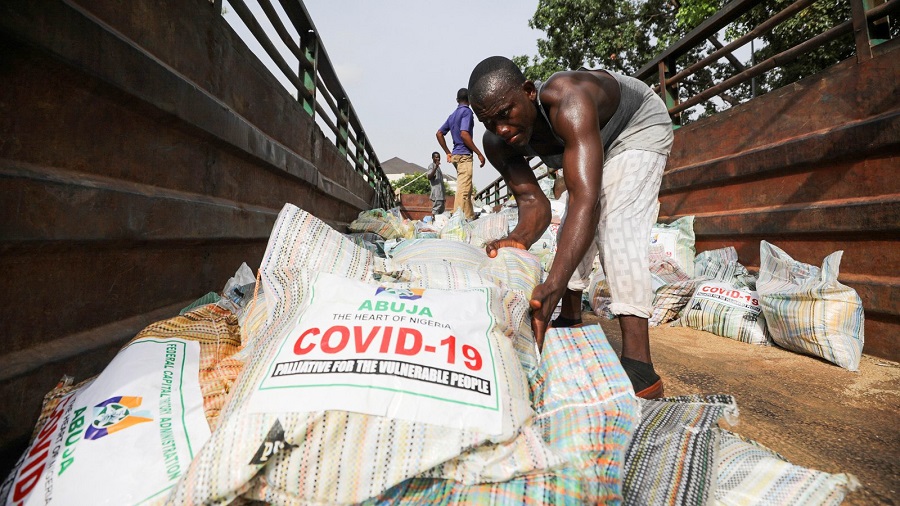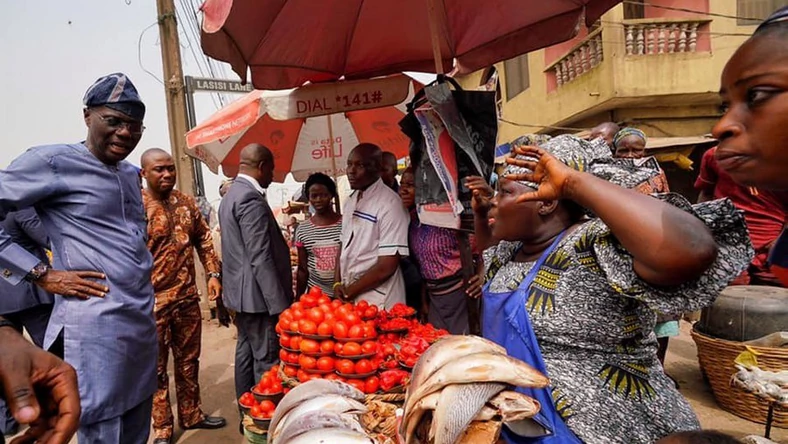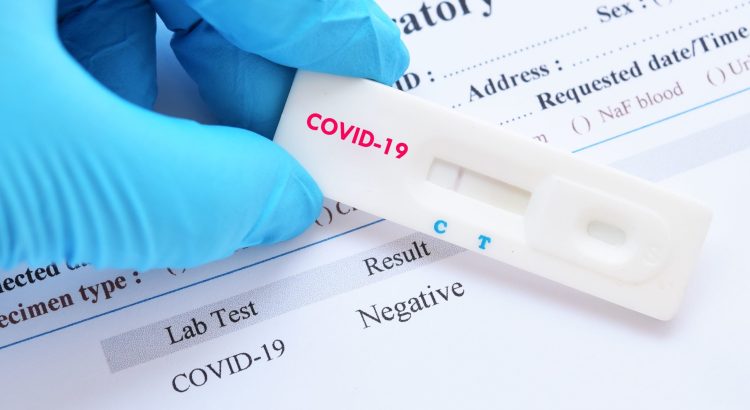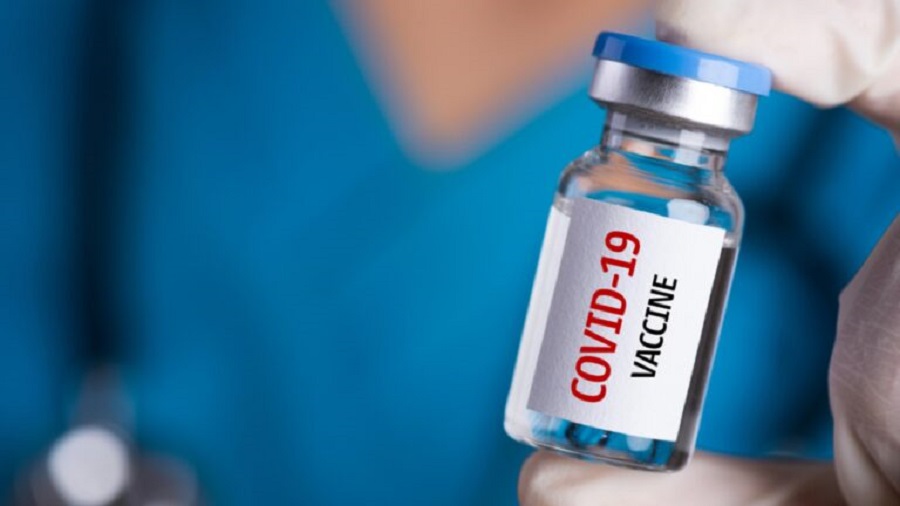Events from the past few weeks have dimmed the attention on the COVID-19 as people trooped out in their numbers to protest against SARS and bad governance in the country. Many people, including the government, predicted that this would lead to a rise in the number of COVID-19 infections in the country.
553 new cases were recorded between October 19 to October 26. The Nigerian Centre for Disease Control (NCDC) attributes the low number of cases to the restrictions to movement in different parts of the country which hampered the collection of samples.
Lagos State alone accounts for about 60% of the samples collected across the country and has been experiencing significant restrictions to movement during and after the #EndSARS physical protests.
These are the other news relating to the COVID-19 that happened over the past one week.
ICPC to investigate states over hoarding COVID-19 palliatives



Following the recent discovery and looting of warehouses with COVID-19 palliatives in different states across Nigeria, the Socio-Economic Rights and Accountability Project (SERAP) petitioned the ICPC to investigate if the palliatives were hoarded and diverted as alleged.
The Independent Corrupt Practices and Other Related Offences Commission (ICPC) responded to the petition saying it will begin investigations into the case. Warehouses with palliatives which include cartons of noodles, bags of rice, salt and gallons of vegetable oil were found and looted by citizens in Lagos State, Cross River State, Kaduna State, Oyo State, Osun State and others.
The ICPC said in a statement that it will act in “response to increasing public demands on the Commission to investigate and uncover the rationale behind the storage of palliative materials meant for the suffering masses in warehouses across the country which were supposed to be distributed to the people.”
CACOVID explains why COVID-19 palliatives were not distributed on time



The Coalition Against COVID-19 (CACOVID) has explained why the distribution of the COVID-19 palliative to the poor and vulnerable in the country was delayed. The coalition said the foodstuffs were overly much and therefore slowed down its distribution.
The foodstuffs were meant to be shared among 2 million most vulnerable families across the 774 local governments. According to the coalition, it had been working with governors, the FCT Minister, as well as the Nigerian Governor’s Forum (NGF), to procure, deliver and distribute the food items to the families.
It went on to say that the “sheer scale of this nationwide food programme and the timing of the orders and deliveries, which coincided with the lockdowns and reduced movement across the country,” and therefore forced it to roll out the foodstuffs in a “staggered” manner.
It also pointed out that not all the warehouses were affiliated with it, as the states themselves, the Federal Government, and other organizations have also made donations.
Markets in Lagos can now open daily


The Lagos State Government has announced that markets in the state can now operate fully around the clock and at every day of the week. Restrictions were placed on trading activities in the market earlier in March following the outbreak of the COVID-19 virus in the country.
Previously, the market days were different and specific items like electronics and food items could only be purchased on specific days. However, all items are now available at all hours that the traders choose to open their stalls.
According to the commissioner for local government and community affairs, Dr Wale Ahmed, “The governor took the decision to further enhance trade and commerce and mitigate the hardship of recent times; and ensure that Lagosians can recover fast.”
The traders are still encouraged to uphold the COVID-19 protocols in the state including regular washing of hands, social distancing and wearing of face masks.
Canada donates $3 million to boost Nigeria’s COVID-19 response


The Canadian Government has announced its contribution of $3 million to the United Nations COVID-19 Basket Fund for Nigeria’s response. The fund will help the country continue to fight the spread of the virus among citizens.
The funding was made known by the acting Canadian High Commissioner to Nigeria, Mr Ryan Ward. The funds will be used to mobilize more resources and programs that support the Presidential Task Force’s National COVID-19 Multi-Sectoral Pandemic Response Plan.
He said, “This includes support for the procurement of critical medical supplies, strengthening the capacity of the health system to respond, and addressing the social impact on the most vulnerable.”
The basket fund is being utilized by the UN system in Nigeria through a Project Management Board. The Board comprises representatives of the Presidential Task Force on COVID-19 Response, relevant Government agencies, contributing donors and the UN system.
AstraZeneca’s COVID-19 vaccine boosts immune response in adults and older people


Older people are more at risk of contacting COVID-19. This has highlighted the need for vaccines to produce positive immune-boosting results in the elderly as well as in the younger counterparts.
A vaccine being developed by AstraZeneca Plc and the University of Oxford has been reported to trigger protective antibodies and T-cells in older age groups. The vaccine is expected to be one of the first few to get regulatory approval, along with Pfizer PFE.N and BioNTech’s 22UAy.F candidate.
The vaccine is expected to be rolled out in bulk early next year.






